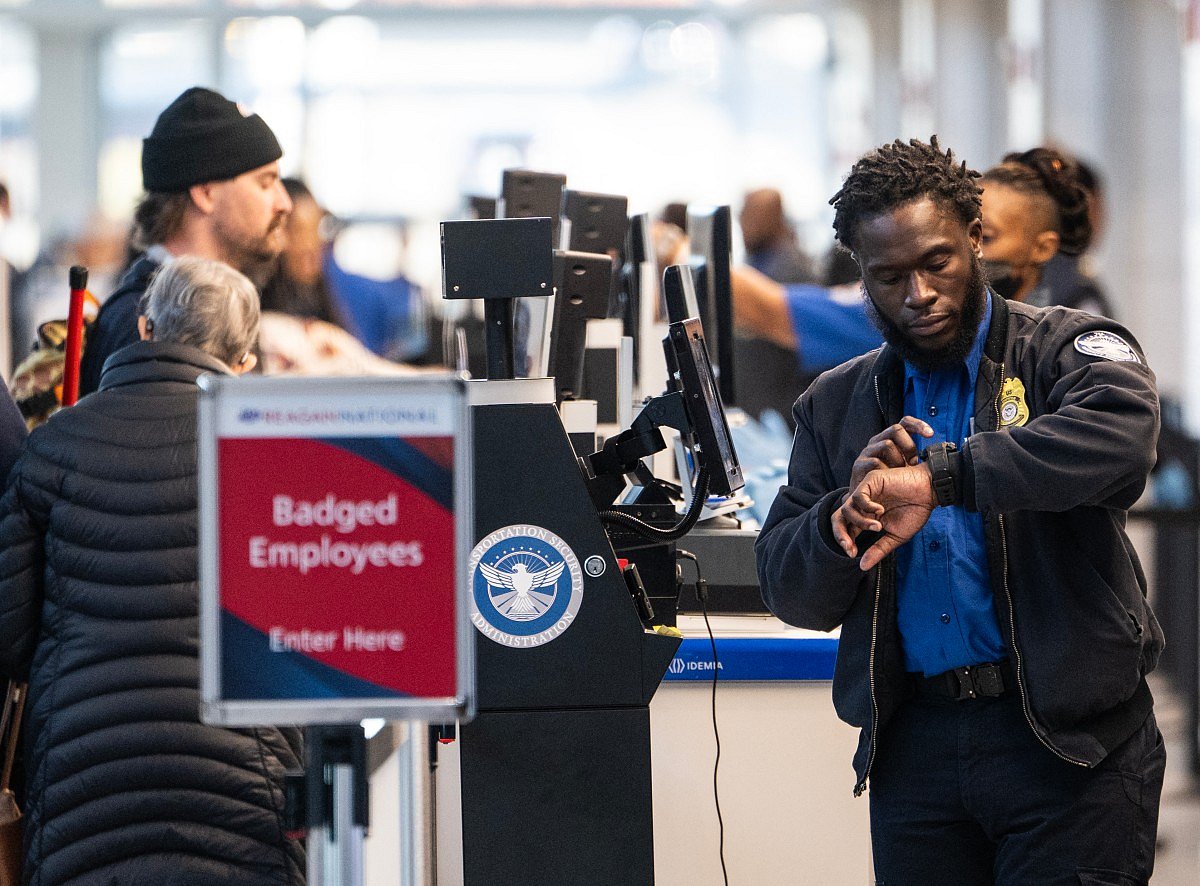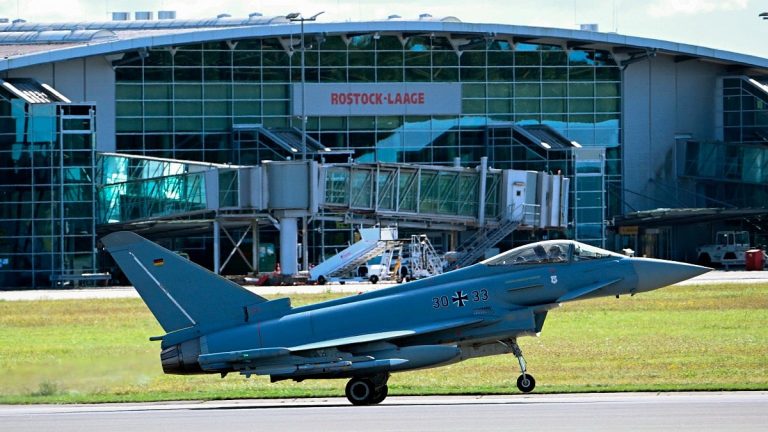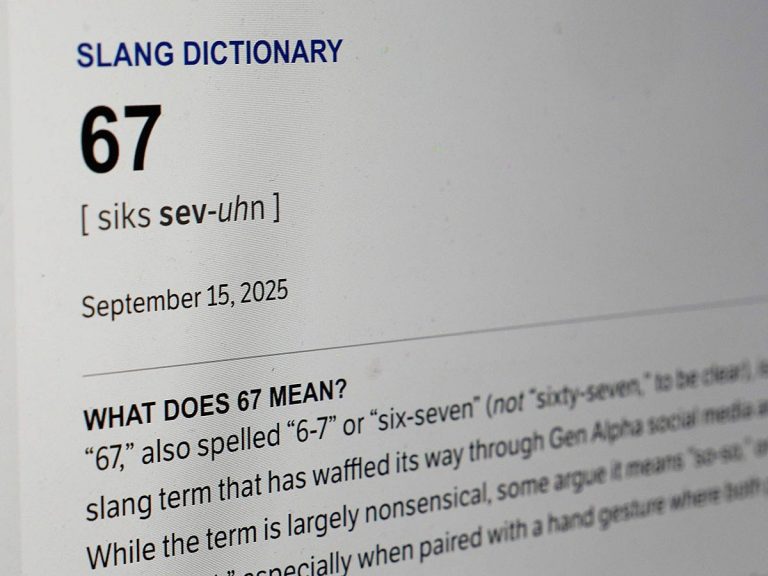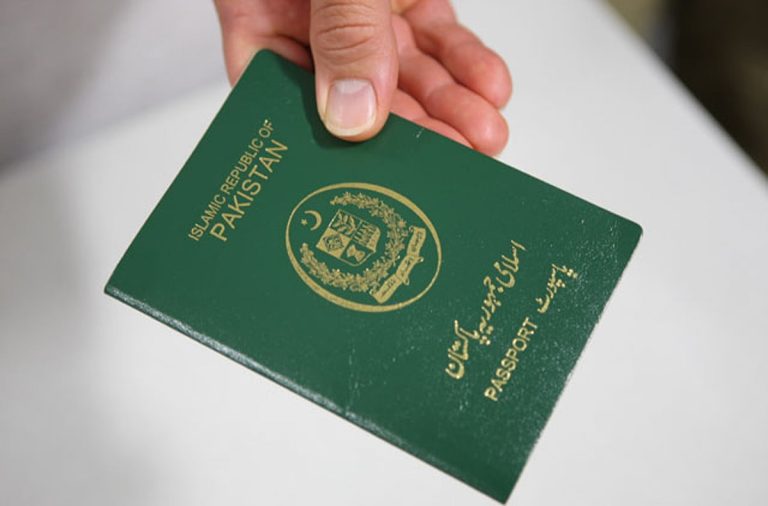Flight Cancellations Rise Amid Government Shutdown Disruptio
The ongoing federal government shutdown has led to significant disruptions in air travel across the United States. With over 1,000 flights canceled recently, travelers are facing uncertainty as airlines adjust their schedules in response to reduced air traffic control staffing.
Impact on Airlines and Airports
The Federal Aviation Administration (FAA) has mandated a reduction in flights at 40 of the busiest airports in the country. This decision aims to alleviate the strain on air traffic controllers who are either working unpaid or taking leave due to the shutdown. Transportation Secretary Sean Duffy has indicated that if the situation persists, the initial 10% reduction in flights could escalate to 15% or even 20%.
Major airlines have begun to implement these reductions, with American Airlines cutting 220 flights from its Saturday schedule alone. United Airlines has also announced extensive cancellations, including 168 flights on Saturday and additional cuts through early next week. Delta and Southwest Airlines are adjusting their schedules to minimize passenger disruption, particularly on regional routes.
Widespread Airport Disruptions
The effects of the flight cancellations are being felt at nearly all major U.S. airports. For instance, Reagan National Airport in Washington, D.C., reported nearly 80 canceled flights, with almost half of all arrivals delayed. Other major hubs such as Chicago O’Hare, Atlanta Hartsfield-Jackson, and Denver International have also experienced dozens of cancellations and hundreds of delays.
Coastal airports, including Newark Liberty, Los Angeles International (LAX), San Francisco International (SFO), and New York’s JFK and LaGuardia, are similarly affected. International airports like Amsterdam Schiphol and Toronto Pearson are also seeing rising cancellation rates.
Travelers have reported unusually long security lines at several airports, with some, like Houston’s George Bush Intercontinental Airport, experiencing wait times of several hours. Passengers are scrambling to find alternative travel options, with some resorting to long drives when flights are unavailable.
Economic Implications
The disruptions extend beyond passenger inconvenience. Nearly half of U.S. air freight is transported via passenger aircraft, meaning the slowdown could lead to increased shipping costs and negatively impact the supply chain. Experts warn that continued flight cancellations could have broader repercussions on tourism, manufacturing, and retail sectors, particularly as the holiday season approaches.
The FAA has stated that these flight reductions are necessary due to the unpaid status of air traffic controllers and the rising number of absences. Some airports, like Denver International, are taking measures to support FAA staff using their own revenue to maintain operations.
Advice for Travelers
In light of the ongoing disruptions, experts recommend that travelers take the following steps:
1. **Check Flight Status**: Always verify your flight status before heading to the airport to avoid unnecessary trips. 2. **Explore Alternatives**: Look for alternative flights or consider flying from different airports if possible. 3. **Backup Travel Options**: Be prepared with backup travel plans, such as car rentals or commuter rail services.
It’s important to note that airlines are required to refund canceled flights, but compensation for additional expenses like food or hotel accommodations is not guaranteed unless the airline is responsible for the delay.
FAQs
What should I do if my flight is canceled?
If your flight is canceled, contact your airline immediately to explore rebooking options or request a refund.
Are airlines required to compensate for delays?
Airlines must refund canceled flights, but compensation for delays, such as meals or hotel stays, is not guaranteed unless the airline is responsible for the issue.
How can I stay updated on flight changes?
To stay informed, regularly check your airline’s website or app for real-time updates on your flight status.
Conclusion
The current government shutdown is causing significant disruptions in air travel, with thousands of flights canceled and delays expected to continue. Travelers are urged to stay informed and consider alternative travel arrangements as the situation evolves. As the shutdown persists, the impact on air travel and related sectors may deepen, necessitating ongoing vigilance and adaptability from passengers.
Also Read:
US Government Shutdown Causes Flight Disruptions Ahead of Ho







